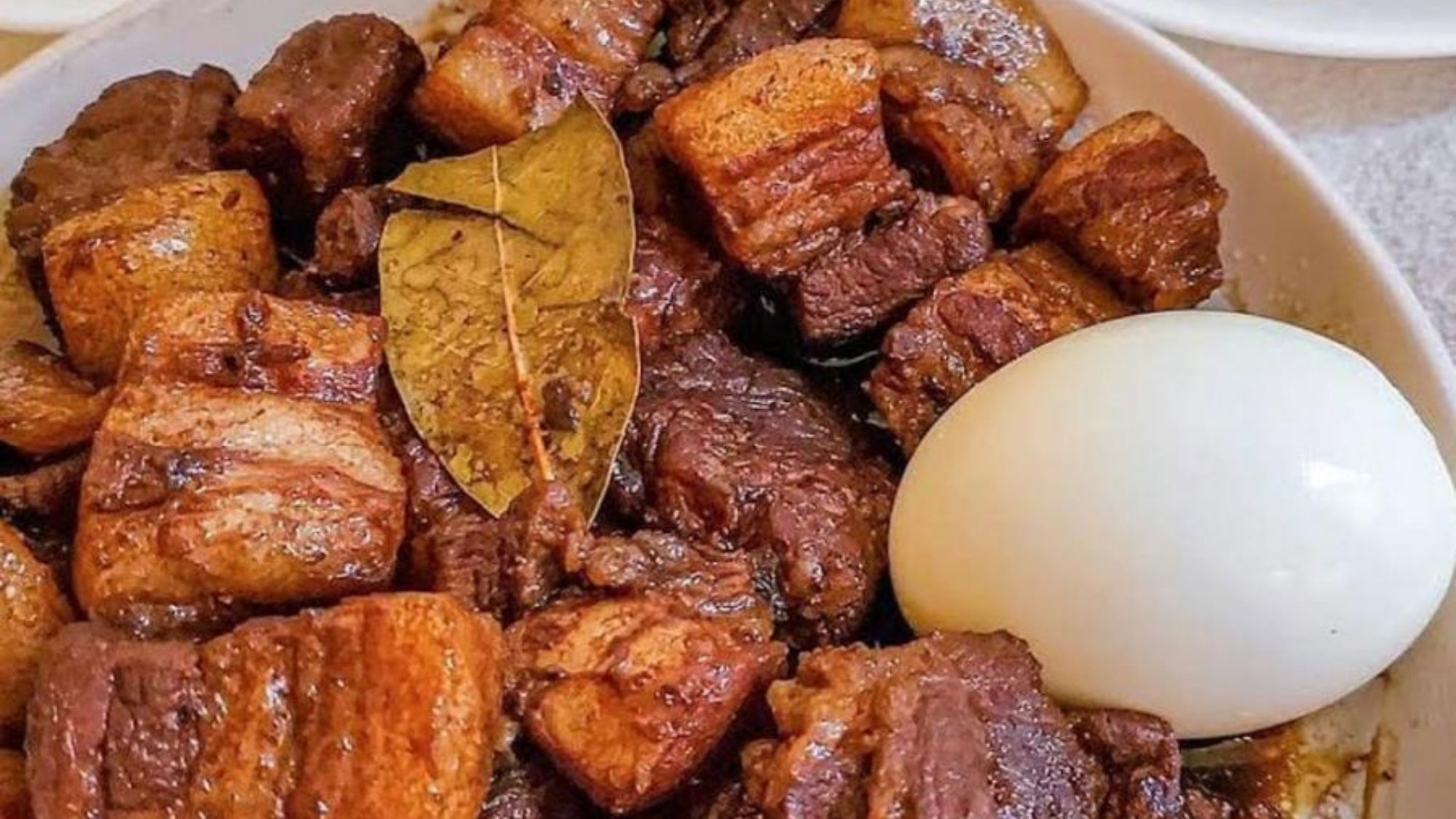Most Filipino chefs and culinary experts believe the Department of Trade and Industry’s move to “standardize” Filipino dishes such as adobo is detrimental to the development of Philippine cuisine.
What’s up with the standardization of Filipino dishes? Food experts have aired out their opinions on it, and it’s not good.
Just recently, the Department of Trade and Industry has issued an announcement that it aims to develop Philippine National Standards (PNS) on Filipino dishes like adobo, sinigang, sisig, lechon, and other favorites. (See also: Adobo republic woes; DTI says standardizing Pinoy cuisines for int'l promotion
In fact, two months ago, “Kulinarya: A Guidebook to Philippine Cuisine” was the first step that the DTI took to try and standardize these dishes.
For them, standardizing these dishes will help preserve the culinary traditions of certain dishes despite having come up with variations over the years.
Chefs, bloggers, food enthusiasts, and other food experts have spoken up about this hot issue.
Chef Sandy Daza of Casa Daza said, “Who gives them the authority to make that standard?”
Standardizing adobo will be difficult as each home has its own recipe, she claimed.
“Maybe a better term would be suggested ingredients to an adobo recipe.”
“Regulating or inhibiting people from cooking these dishes in their own styles can be detrimental to the development of Philippine cuisine,” said Chef Myke Tatung Sarthou of Simpol.
“It’s given that there are standard ingredients in every dish. The twist is based on the culture of the place or region or individual preference. Another factor is the availability of ingredients. Possibly what DTI wanted to achieve is to provide a generic traditional basic ingredient when you prepare a certain Filipino dish,” said Chef Rafael Jr. Jardeleza of Rafael’s La Cocina Del Sur.
“Legislating recipes would stifle a cook’s freedom of expression,” said Sol Vanzi, Manila Bulletin Lifestyle Food columnist.
Said Chef Sharwin L. Tee, author of The Gospel of Food, “Standardization is used by restaurants to create consistency, but to impose it on dishes, well, isn’t ideal because “Authentic” is poison. You doom a cuisine to its death. You imply there is a singular way of doing things. And you disregard millions of opinions.”
Chef Gene Gonzalez of Cafe Ysabel said, “My fantasy or wish on visionary work like this is for our LGUs to contribute to an almanac of their interpretations of our dishes and their unique recipes in their municipalities or cities.”
“I agree the traditional way of cooking should be memorialized, but we should also welcome the new style and techniques of cooking adobo, sinigang, lechon etc. I believe Filipino food needs to evolve to be accepted on the world stage,” Chef Dedet de la Fuente of Pepita’s Kitchen said.
Everything boils down to the diversity of recipes of the country.
Since the Philippines is made up of thousands and thousands of islands with different ethnic tribes and families developing their own recipes, it really will be a difficult process – almost impossible – to standardize these. (EFO)
Tags: #food, #DepartmentOfTradeandIndustry, #standardization, #culinaryexperts, #Filipinodishes
